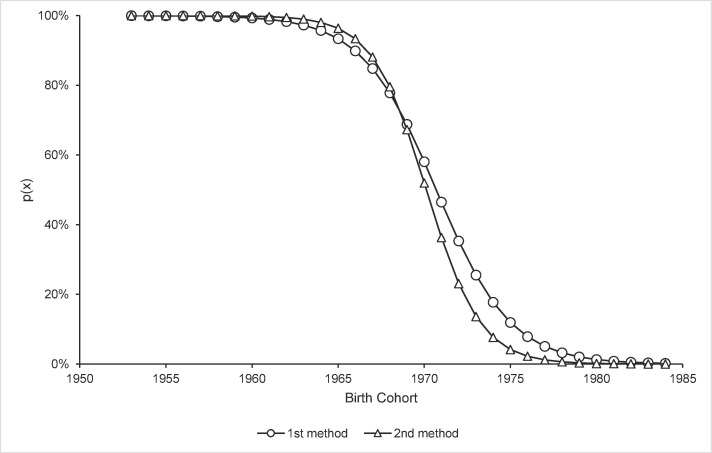
We believed we had progressed beyond ailments such as rubella. However, with the resurgence of measles, rubella could be lurking around the corner, posing a threat to the upcoming generation even before birth. Most individuals today have never witnessed a newborn afflicted with congenital rubella syndrome, which can lead to blindness, deafness, heart malformations, and developmental challenges. This absence of cases does not imply it has ceased to exist; rather, vaccination has prevented rubella from reemerging.
Rubella, often referred to as German measles, typically results in mild symptoms in adults, such as a rash, low-grade fever, and joint discomfort. Yet, if contracted during pregnancy, the ramifications can be severe. During the U.S. epidemic of 1964–65, over 20,000 pregnancies resulted in significant birth defects or miscarriages following maternal rubella infection. This underscores why the MMR vaccine, which protects against measles, mumps, and rubella, has been fundamental to public health since the 1970s. However, decreasing MMR vaccination rates, primarily due to misinformation and distrust, pose the risk of history repeating itself.
The recent measles surge in Texas serves as a reminder of how easily forgotten ailments can resurface, and for individuals who are pregnant or intend to be, that danger is very real. Thus, it is vital for healthcare professionals and patients to routinely review vaccination history during regular medical appointments. The CDC advises administering two doses of the MMR vaccine in childhood: first between 12 to 15 months, and again between 4 to 6 years. Nonetheless, many adults are unaware they can still receive it. Ignorance about one’s immunity status should not hinder action; healthcare providers can conduct a straightforward blood test to assess immunity. For those who missed vaccination as children, obtaining the MMR vaccine later can still provide significant protection, particularly for prospective parents.
This matter is further complicated by the politicization of vaccinations and dwindling public trust in healthcare institutions. When vaccines become points of debate rather than tools for health, patients are left to navigate life-altering choices in uncertainty. To tackle this, public officials must transcend partisan divides and collaborate with the healthcare sector to safeguard the wellbeing of future generations.
However, overcoming vaccine hesitancy demands more than just polite conversation. It calls for bravery and openness. We have accumulated over 50 years of evidence demonstrating the effectiveness of the MMR vaccine, with two doses delivering almost complete protection against measles and rubella. Serious adverse effects are exceedingly rare, and after extensive scrutiny, no credible research has established a link between the MMR vaccine and autism. These findings have undergone rigorous testing and reaffirmation, as the repercussions are too significant to overlook.
As medical professionals, we do not merely observe disease; we witness its absence. Should rubella reemerge, it will not be due to a deficit in scientific understanding; it will be a result of our collective amnesia regarding its implications. Every healthy newborn is a silent acknowledgment of the accomplishments brought about through comprehensive vaccination. Ongoing attempts to undermine established vaccine safety evidence only widen the divide between science and misinformation. Safeguarding future generations starts with the decisions we undertake today.
Healthcare providers will persist in enlightening the public about the proven benefits of vaccination. However, our efforts are most effective when bolstered by lawmakers dedicated to scientific integrity and by communities ready to engage. Together, we can work towards ensuring a healthier environment for the next generation. Rubella may seem like a relic of the past, yet if we don’t take action now, its repercussions will shape our future.
*Ambika Sharma and Onyi Oligbo are medical students. [Katrina Green](https://www.amwa-doc.org/about-amwa/leadership/katrina-green-md/) is an emergency physician.*